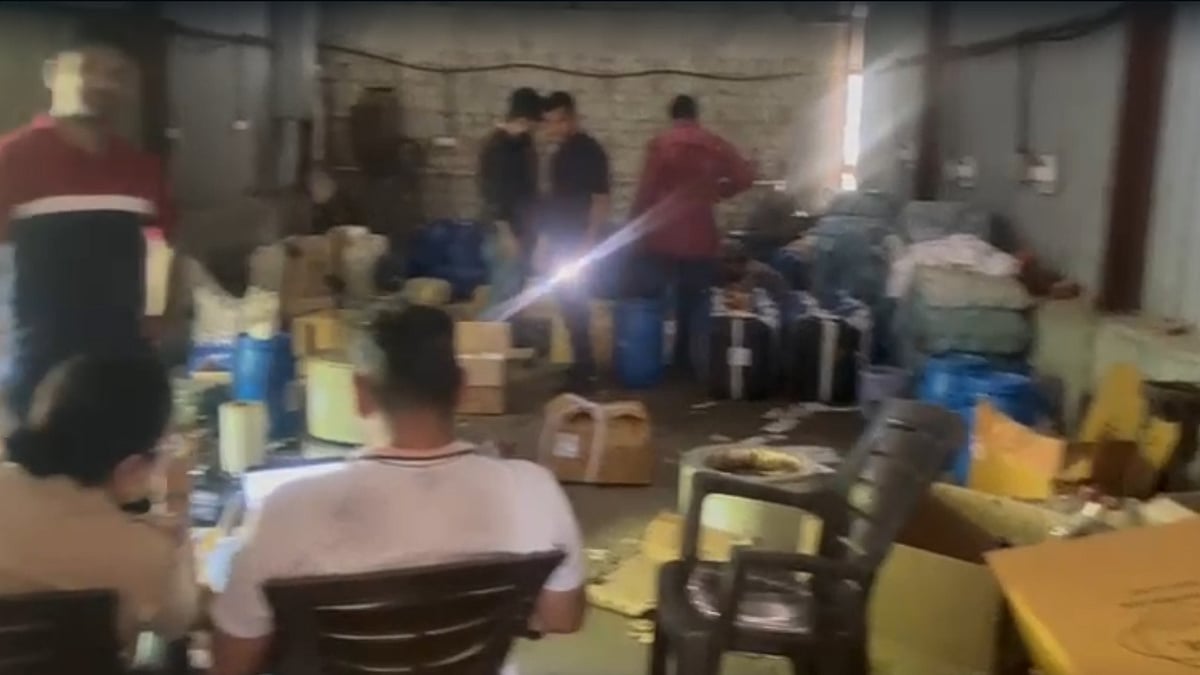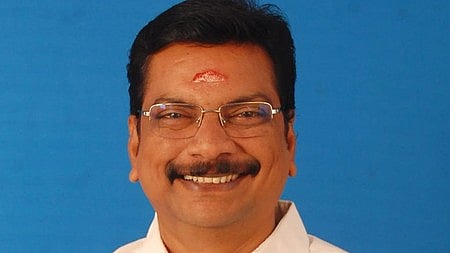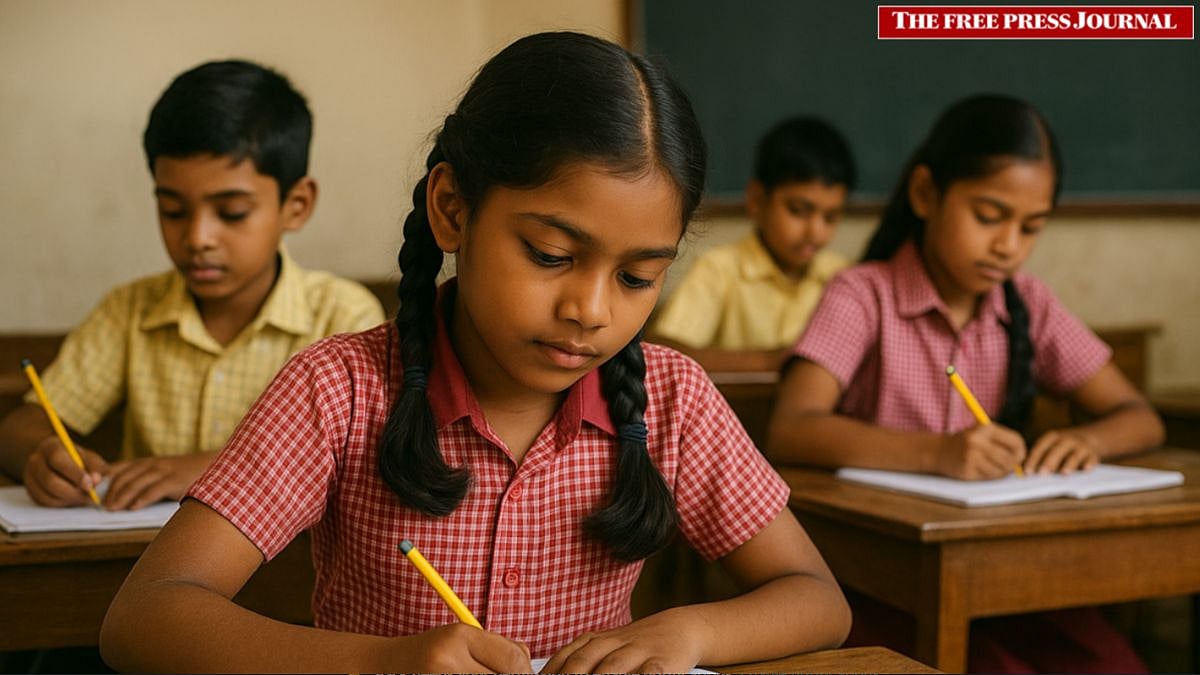In a significant move, the Madhya Pradesh government, led by School Education Minister Rao Uday Pratap Singh, has announced plans to enact a stringent law aimed at curbing the unauthorized leaking of examination papers. The minister shared this initiative with reporters after attending the live broadcast of Prime Minister Narendra Modi's 'Pariksha Pe Charcha' program at Government Subhash Excellence Higher Secondary School in Bhopal.
A Pledge against paper leaks
Singh expressed the government's commitment to implementing a foolproof system that prevents the distribution of school examination papers to unauthorized individuals. "We are going to introduce a system to prevent the leak of (school) examination papers. No one will be able to make question papers available to students. Students need to be alert. We have tightened up the system," stated Minister Singh.

Acknowledging the need for secure transit of examination papers, Singh outlined plans for a strict law targeting individuals involved in malpractices, including those managing examination centers. "We will bring a stringent law to ensure that no person, including the in-charge of examination centers, involved in such malpractices, can escape. If there is any issue in the (government) system, it will also come under the purview of this law. Such acts will come under the ambit of criminal (activity). We will bring a new law in the assembly in the coming time," affirmed Singh.
Minister's warning to students
Addressing concerns about the role of social media platforms in propagating leaked papers, the minister cautioned students against engaging with platforms offering exam papers in advance. He stressed the importance of avoiding criminal practices associated with such activities.
"The Prime Minister interacted with students from all over the country (in the 'Pariksha Pe Charcha' program) and shared his experiences, which will benefit students," said Singh, assuring that the MP School Education Department is dedicated to creating a "tension-free" exam atmosphere for students.
(Inputs from PTI)










